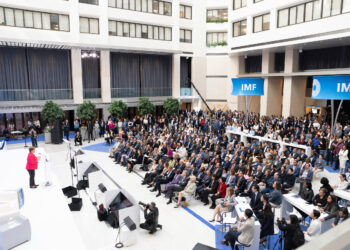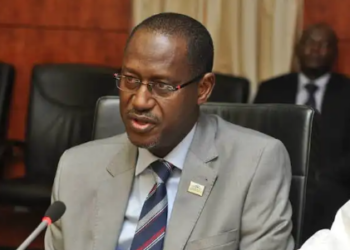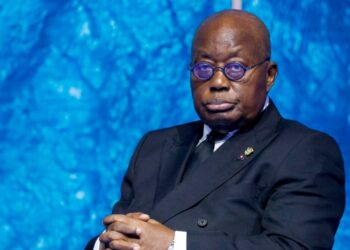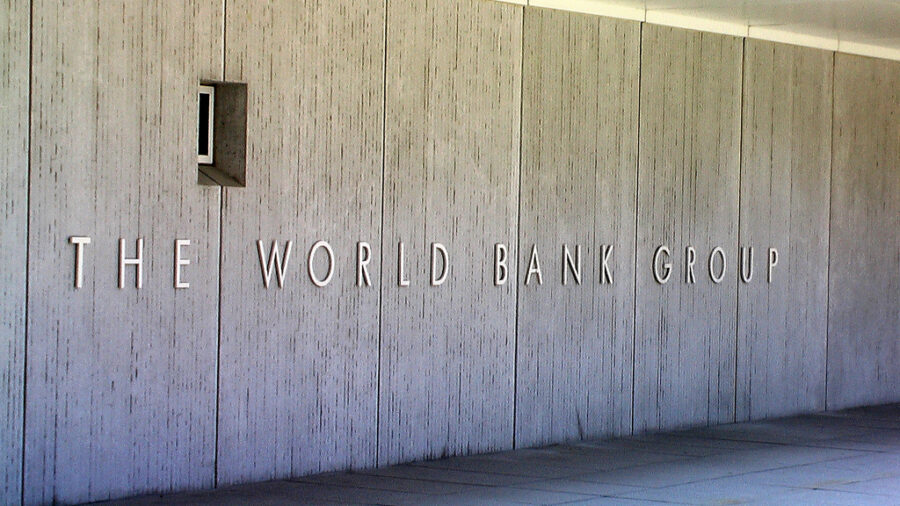Nigeria needs an estimated sum of $100 billion or N36 trillion annually to address the infrastructural decay in the country.
The Minister of Finance, Budget and National Planning, Mrs Zainab Ahmed, reportedly disclosed this on Monday at a workshop on ‘Maximizing finance for the development of infrastructure in Nigeria’, organised by the World Bank Group in Abuja’.
[READ MORE: Nigeria spends N1.9 trillion on goods from China in H1, up by 88%]
The details: According to the minister, the Federal Government will require about $100 billion annually for the next 30 years to effectively tackle Nigeria’s infrastructure challenges. Mrs Zainab further stated that with the shortfall in oil revenue, which has plummeted in recent times, it is difficult to address infrastructural deficit.
“Nigeria requires an estimated sum of $3tn to bridge its infrastructure gap over a 30-year period. This amounts to roughly $100bn per year, with a total federal budget of less than $30bn for 2019 and the dependency of Nigeria’s income on oil revenue with unpredictable global price fluctuation, Nigeria no doubt lacks the fiscal space to self-finance the required infrastructure investment,” the minister stated.
Speaking further, she said the time had come for the government to start looking for alternative sources of funding infrastructure as budgetary funding alone could not address the funding gap.
World Bank’s Interventions: Meanwhile, while the World Bank acknowledged that Nigeria faces a $100 billion annual investment gap in infrastructure, the bank has pledged to assist Nigeria close the infrastructure gap.
According to Mr Hafez Ghanem, the World Bank Vice President for Africa, the bank can, together with the private sector, leverage government resources to bridge infrastructure gaps in Nigeria.
“We have supported and seen success in transport, energy and power sectors using Public-Private Partnerships (PPPs) models. The Azura power project is an example of how we have attracted private sector investment in the power sector.
“We are happy to work with the Government of Nigeria on power sector reforms, which will create a better environment to attract more private sector financing,” Ghanem said.
Mr Sérgio Pimenta, Vice President of IFC (a sister organization of the World Bank) for the Middle-East and Africa, said that private sector resources and expertise could go a long way in bridging the gap.
“In Sub-Saharan Africa, we are increasingly seeing the private sector design sustainable business models that are creating jobs and lifting people out of poverty. The World Bank Group’s institutions will work together to mobilise a range of financing solutions (both private and public) for projects in developing countries,” he said.
[READ ALSO: Energy: Nigeria to receive $500,000 grant]
What it means: Last week, Nairametrics reported that Nigeria approached the World Bank for another loan to the tune of $2.5 billion or N767.3 billion in a new tranche of concessionary lending. According to the report, World Bank Vice President for Africa stated this in an interview.
Huge infrastructural gap in Nigeria still persists, and all indications point to the fact that Federal government of Nigeria may still settle for further loans from the world bank to brighten any chance of bridging the age-long infrastructural decay.





















